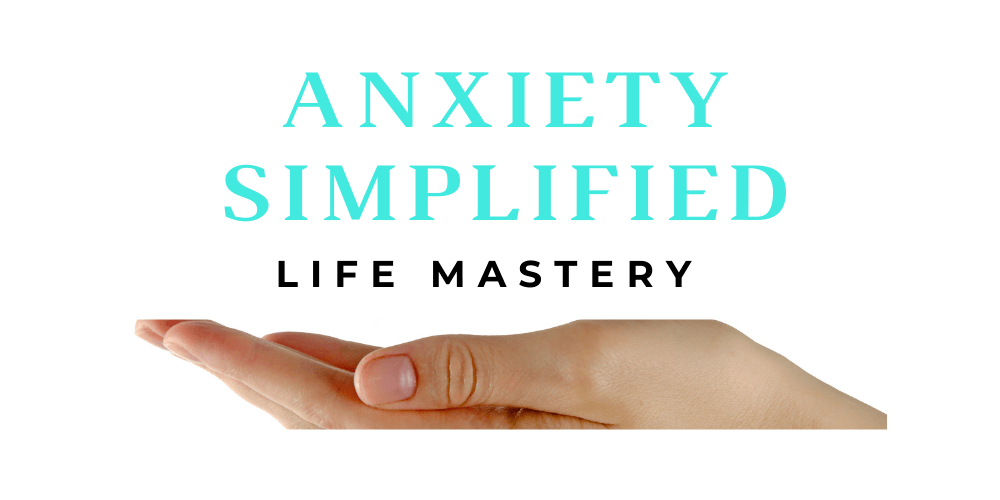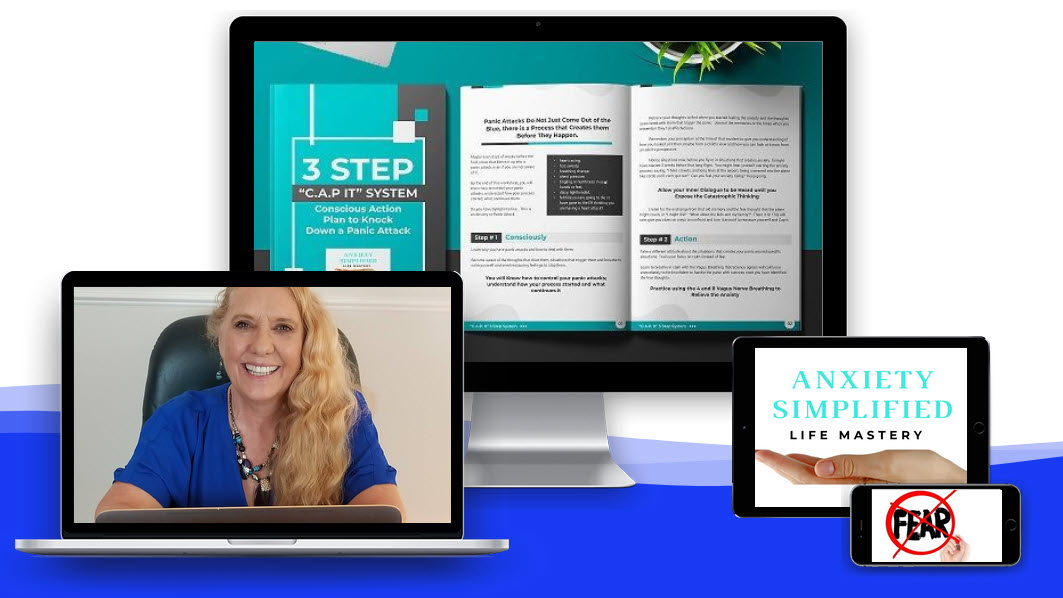Frequently Asked Questions about False Confidence and Their Answers

1
When is confidence false?
The answer is easy, even if spotting it requires a lot of skill and nuance. Confidence is false when it is not based on reality—on sound reasoning or sufficient evidence. When it’s based on the mistaken assumptions like:
- I have perfect control over their people
- I make flawless plans that always work
- I live a charmed life
- I am intrinsically special and brilliant in every subject and skill
- I must always display all the signs of confidence even when they’re under-prepared
- I am an effective leader all the time
2
Does effective leadership require confidence?
Yes, that’s a given. To be an effective leader, people need to know that you know what you are talking about and see the results of your confidence in action. It is not something that you can fake or fake for very long.
3
Is it possible to be overconfident?
Yes, especially if you’re in a position of authority. Misplacing our confidence (or over committing when we are less than certain) can lead to catastrophe.
Knowing the difference between true confidence and false confidence, then, is almost as important as having confidence in the first place.

4
Are there certain Mental Health Diagnosis where we can have grandiose ideas about ourselves that will need to be in checked as over Confident?
Yes, Bipolar disorder has a symptom that can present with inflated self-esteem.
Borderline personality Disorder-that can alternate with unstable pattern of intense interpersonal relationships that can present for moments like they must be right all the time or an exaggerated and confusing presentation of self-dramatization that can look like confidence but would be considered false confidence since it is fleeting.
Narcissistic Personality Disorder-Has a pervasive pattern of grandiose sense of self-importance, exaggerate achievements that can be confused for confidence.
Anti-social Personality Disorder- Has a pervasive pattern of disregard for the rights of others, that can be confused as confidence. One Study showed that 25% or the top CEO’s present with these characteristics.
Here’s a simple guide for all of us who sometimes need to check ourselves before we wreck ourselves:
5
What is True Confidence?
We’ve all known someone who was the right kind of confident: smooth, unruffled, collected. Whatever it was that they were confident about, they knew how to step forward and get it done. Most of us—dare we say all of us—chase after that kind of mojo.
True confidence, at its core, is the trust that you are prepared; having faith that you are ready and truly up for the challenge.
Compare this to its counterparts, fear and false confidence: fear is a lack of preparation, while false confidence disregards the need for it. Here’s an illustration:
Three actors prepare to take the stage during a performance. One has studied the script, and two have not.
- One is fearful due to his lack of preparation;
- one believes he will succeed despite not being prepared;
- one trusts that he is ready to perform because he prepared.
When the fearful one refuses to stand before the audience, the director takes his place. He has performed the play before and has been studying the script with his actors.
And when the overconfident one forgets his lines on stage, the director and the prepared actor carry the scene until he remembers,
The confident one knows how to improvise lines that will lead the performance in the right direction.

6
What is the Ugly Truth Behind False Confidence?
The actor who doesn’t think he needs his script suffers from false confidence also called overconfidence.
This is due to one of three misconceptions: over-estimation, over-precision, or over-placement.
Over-estimation is an inflated belief in one’s chance of success or level of control. This can also be the belief that a task is easier than it really is. The actor may have believed that it would be easier to improvise his lines than it really was, leading him to think he had everything under control.
Likewise, an
Overconfident person might ride a motorcycle without a helmet or drive without a seatbelt, firmly believing that he or she can handle any driving situation—and that it’s not that far, in any case.
In business, we may take a project’s success as a given or assume that it will be completed faster than it really will (this is also known as the “planning fallacy”).
In leadership, we might convince ourselves that subordinates will be fully obedient (an illusion of control). This happens most often when a task is hard, or when the estimator has little experience in a given field.
Over-precision is an inflated belief in one’s own knowledge. It could be that the actor believed he knew his lines well enough and had no need to practice further.
Likewise, in our daily lives, we sometimes pretend to possess knowledge that we don’t really have.
Studies have shown that this phenomenon occurs more frequently when the knowledge is more difficult and the topic is less familiar.
Over-placement is an inflated belief in one’s own abilities, especially in relation to the abilities of others. The actor may think he’s smarter than the others, and thus has a reduced need to practice.
This is perhaps the most visible sign of overconfidence, and it’s tied to vanity: over-placed people often feel a need to show off or convince others that they are right.

7
Are you wrestling with a Lack of Confidence?
Fear or anxiety follows a similar pattern to false confidence, but in just the opposite direction.
It comes in two forms: lack of preparation and a perceived lack of preparation.
It may be that an individual actually is under-prepared for something, but that often leads them to confidently proclaim, “I can’t do that.”
When we suffer from under-estimation, under-precision, and under-placement, we feel a perceived lack of preparations that leads to feeling unsure of the outcome, not knowing if we can succeed or not. That lack of stability, that tension, leaves us in a perceived state, that undermines our ability to give a confident “yes” or “no.”
It’s important to note that confidence is not invincibility; it does not preclude failure. Rather, it is a belief that failure can be handled, a faith that a positive outcome is forthcoming, and a trust that the result is worth the risk.
Confident people sometimes make mistakes, are sometimes wrong, and sometimes fail.
One of the biggest components of confidence is the determination to pick ourselves up when we fall. Prior performance can have a huge impact on confidence; it proves or disproves the presence of adequate preparation.
Overconfident people often have experiences that fool them into having false confidence.
Likewise, fearful types may have a history of crushing failures that causes them to undervalue their abilities and knowledge.
But we can recover from failures and prepare ourselves for future challenges so that when they come, we can stand up with confidence and face the situation head on and understand the difference between false and true confidence.
8
Use confidence affirmations: Say this until you truly feel them.
- I am confident, happy, healthy, and powerful.
- I deserve everything I want in life.
- I love myself unconditionally.
- I am competent, smart, and able.
Final Word
By Understanding False Confidence, you can have a better understanding of what causes it, see behaviors in others and be in a better position to determine if what someone is sharing with you will help the situation or not. To be sure, use some of the confidence affirmations to FEEL and experience it creating more internal confidence.
Stop Panic Attacks Now
This course is video based to be able to re listen to over and over again with a workbook to follow again or reuse you conquer one trigger you can see your progress to feel you can do this!
You can take this course to increase your confidence on your decision making. Learn from a 30-year mental health professional how to never second guess or self-doubt yourself ever again.
Contact Joanne Williams for a free 10-minute consultation on you best next step at 760-485-6784.
Disclaimer: This article is by no means a replacement for medical attention or therapy. Please take care of your mental health.

